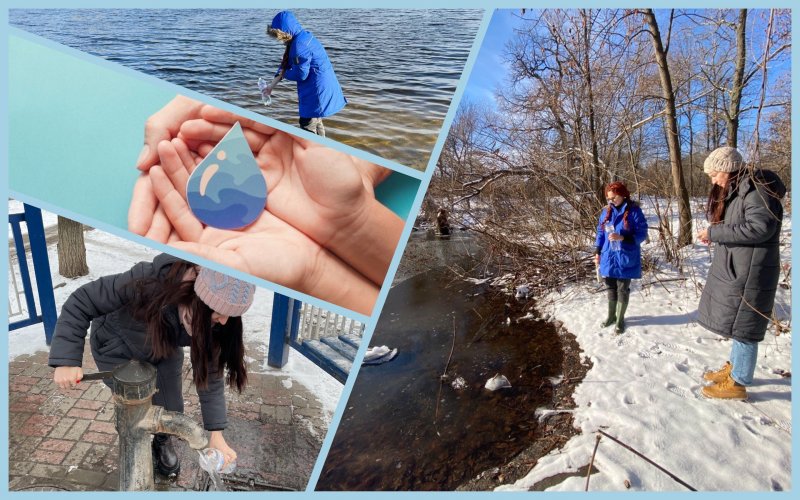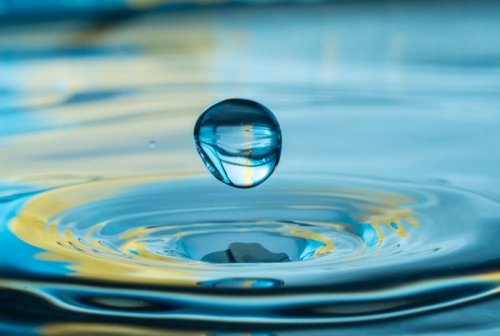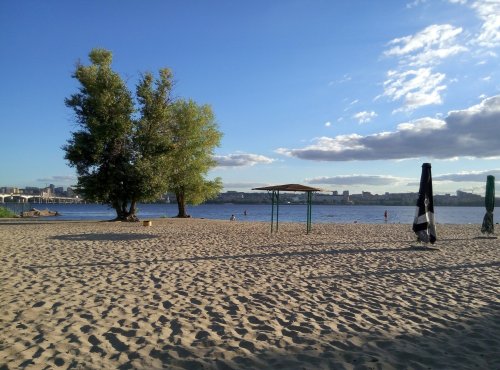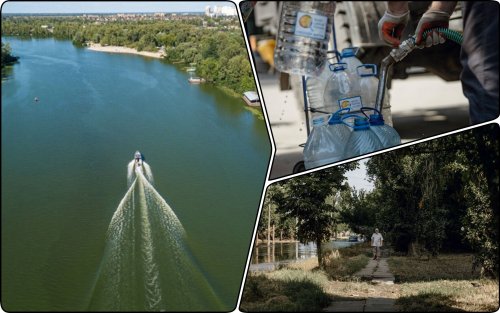The editors of EcoPolitic decided to conduct an independent analysis of the quality of water in pumping stations, rivers, lakes and ponds of Kyiv. For this purpose, we took water samples from the Kyivvodfond pumping stations and the city's reservoirs, which were sent to the laboratory of the Institute of Radiation Protection in Vyshgorod.
**This publication was prepared within the framework of the project "Reducing the risks of natural disasters in conflict-affected areas of Ukraine", which is being implemented by ACTED, initiatives IMPACT and "Right to Defense" with the support of Switzerland.
Its results will be published in December this year on the EcoPolitic media portal.
Many townspeople use water from pumps for cooking and drinking.
On December 1 and 2, 2022, the team took 11 water samples from pump stations in all administrative districts of the city and in the city of Ukrainka.
Addresses of the studied pumping stations:
- Avenue Chervonozavodskyi, 2/13;
- St. Olzhycha, 10a;
- St. Boychuka (Kikvidze), 41;
- St. Martirosyan, 11;
- St. Zakrevskogo, 5-7;
- Myru Avenue, 16;
- St. Vyshhorodska, 10;
- Intersection of Hertsena and Ovrutska Streets;
- Yevhena Kharchenko 29;
- St. Zhukovsky, 8-12;
- St. Zvyazu, Ukrainka.
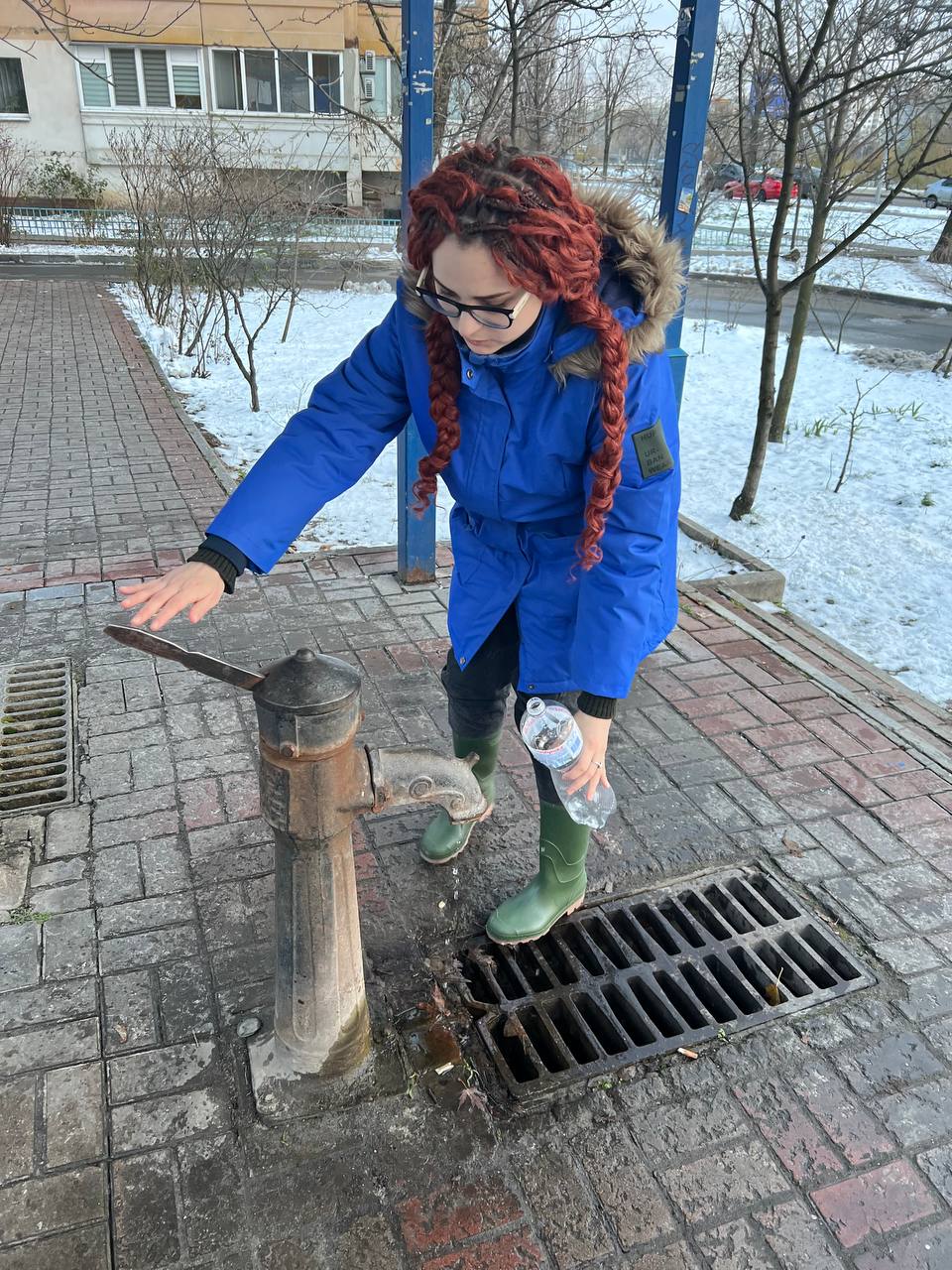
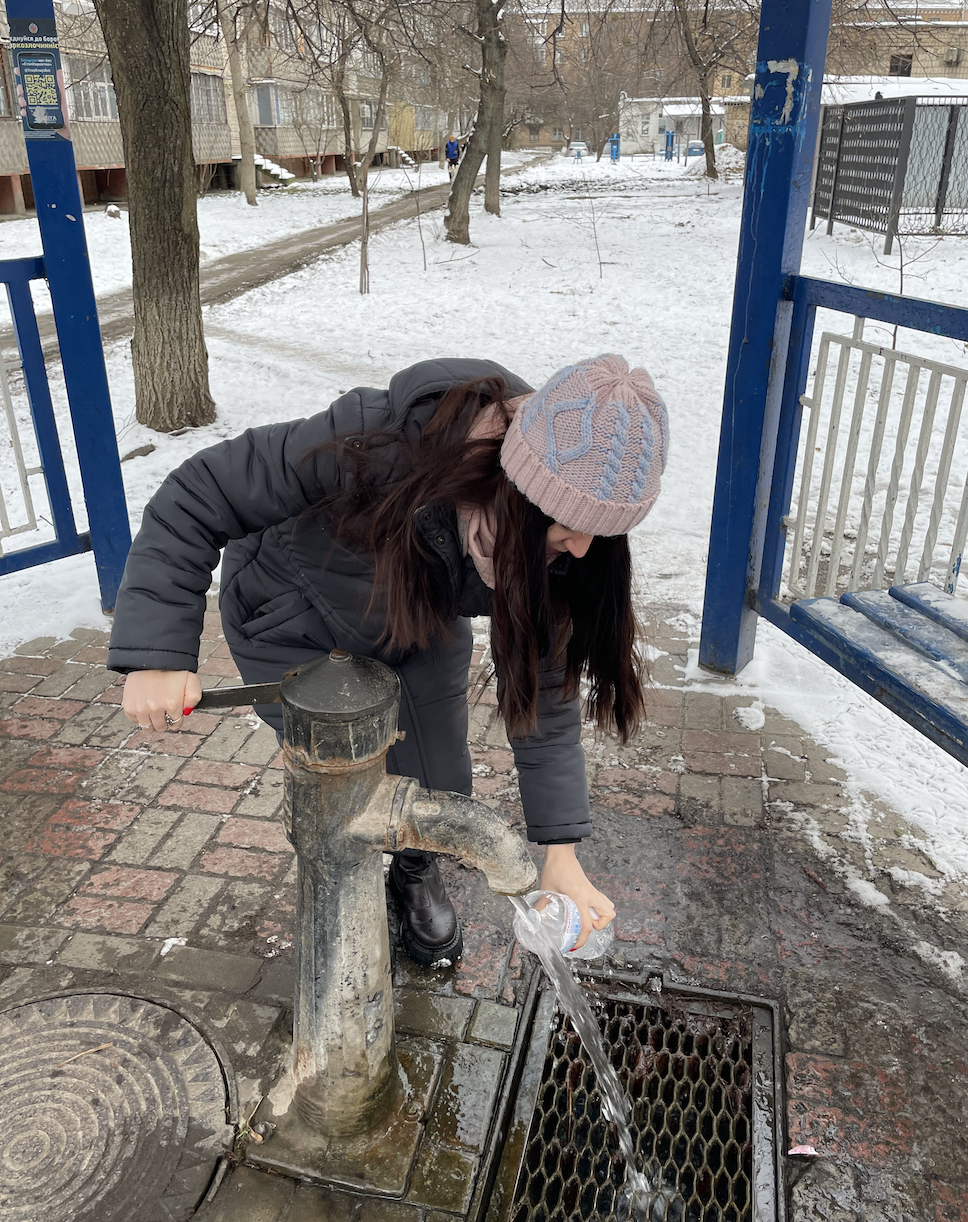
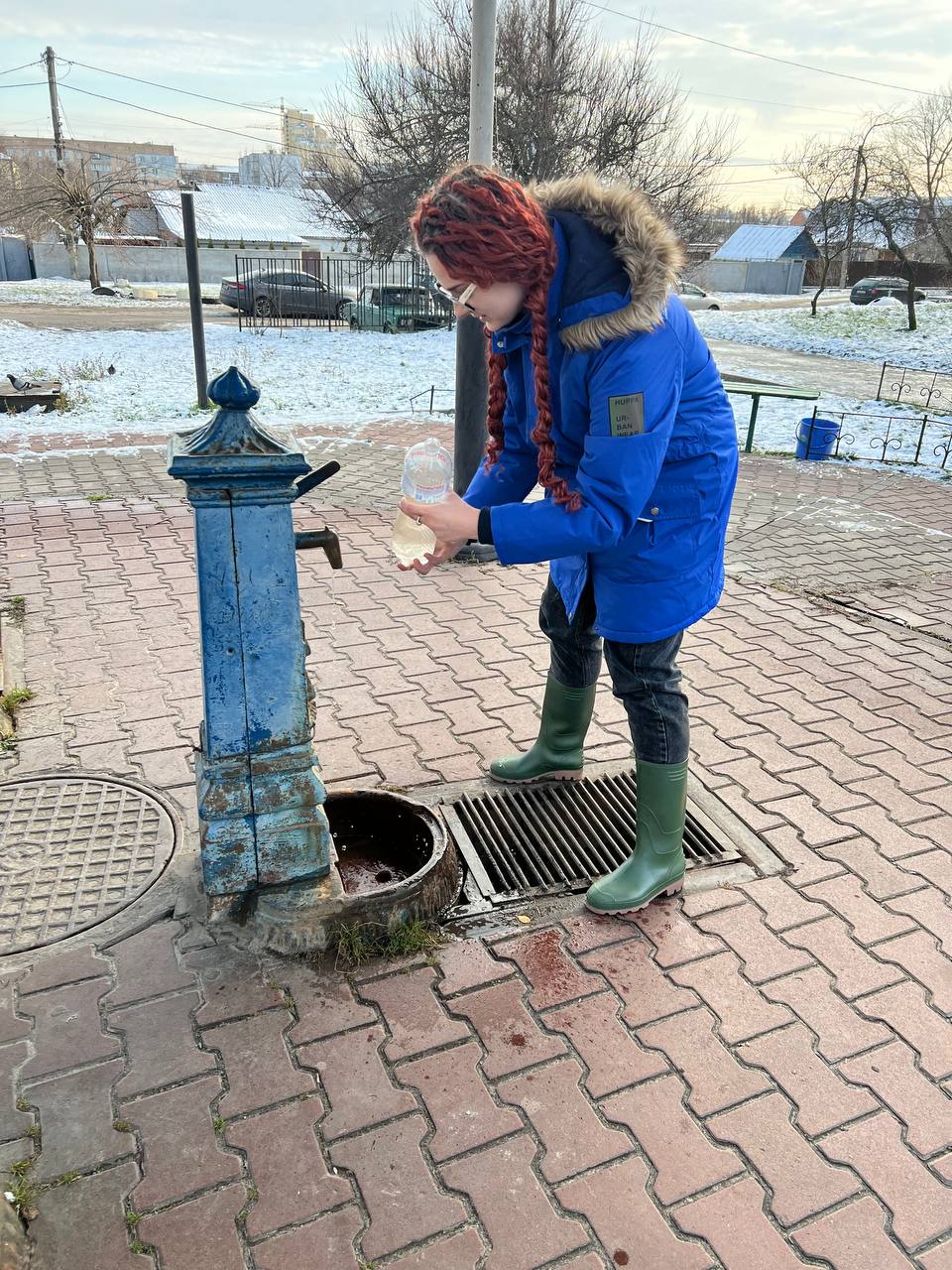
In addition, we took water samples from protected reservoirs and recreation areas of Kyiv residents:
- Konyk River;
- Chervonokhuter Lakes (Great Lake);
- Lake Rusanivske;
- Sovsky ponds;
- Lake Zaplavne;
- Lake Mykolaychyk;
- Lake Verbne;
- Dnipro river.
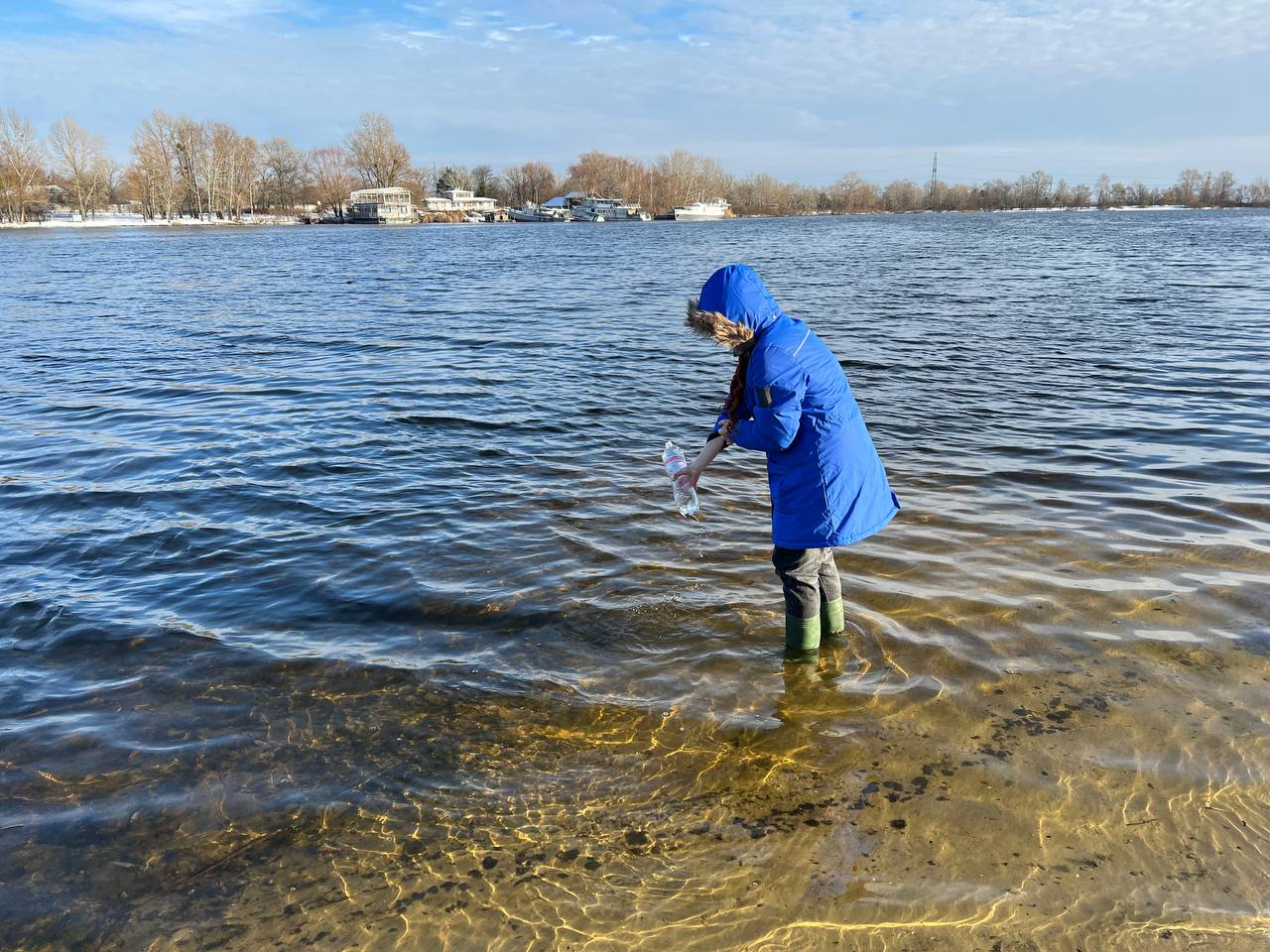
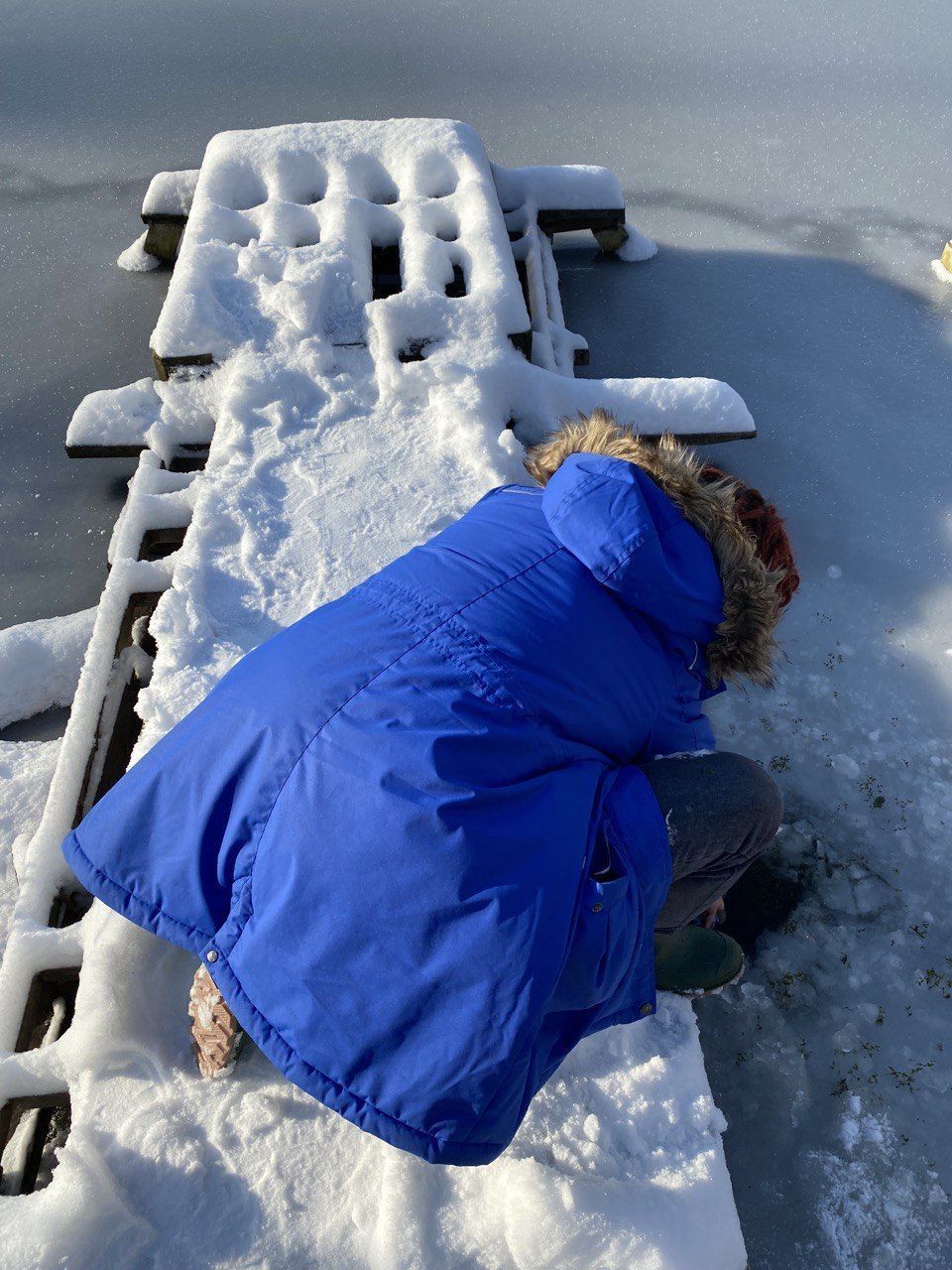
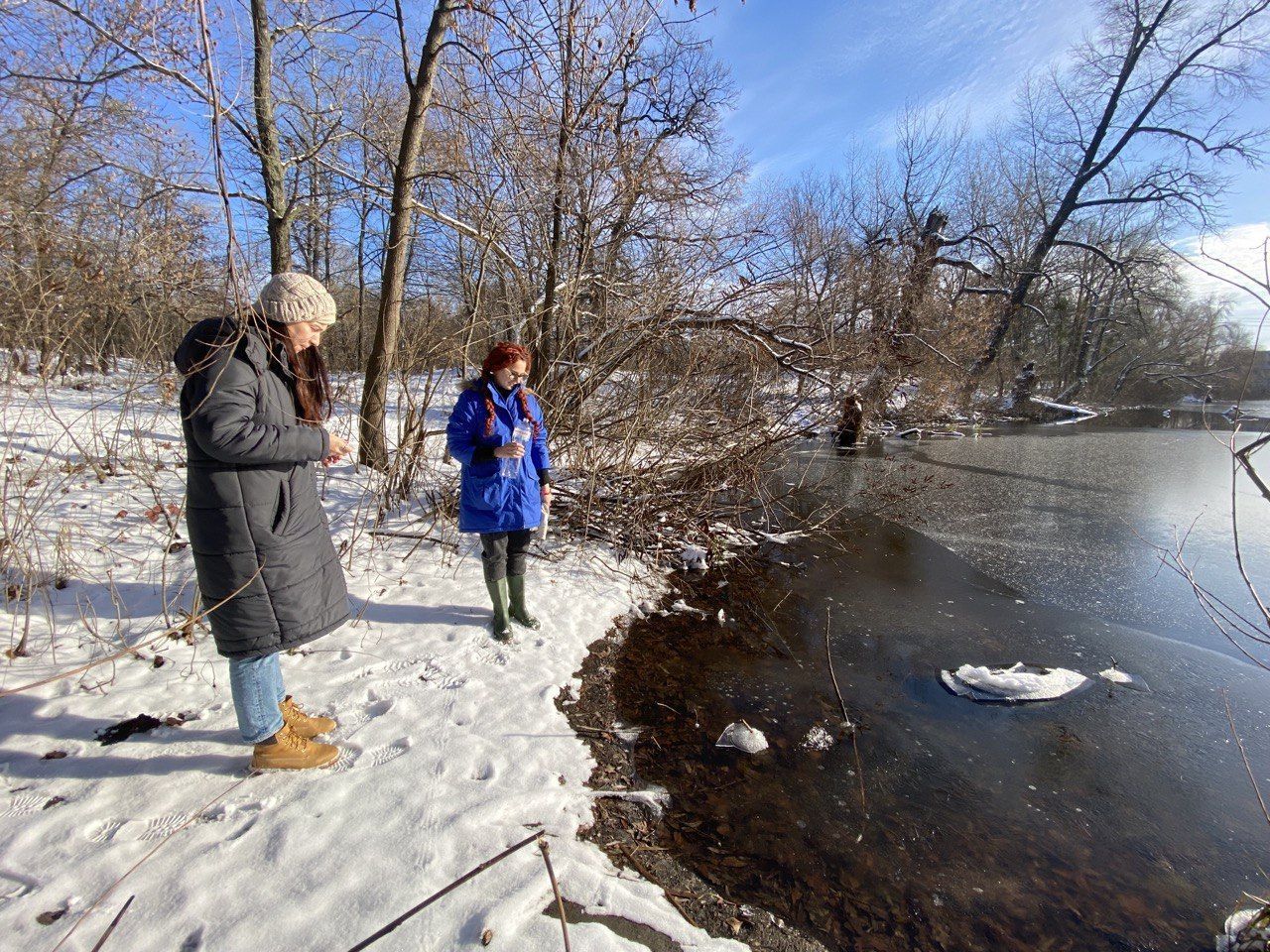
This publication has been produced with the support of Switzerland. The contents of this publication are the sole responsibility of EcoPolitic and do not necessarily reflect the views of the donor.

As EcoPolitic reported before, in Kyiv, NGO SaveDnipro conducted research on evaluation of microdistricts according to ecological indicators, in particular, the quality of air, drinking water, the state of water resources, soils, the availability of green areas, and littering of territories.

